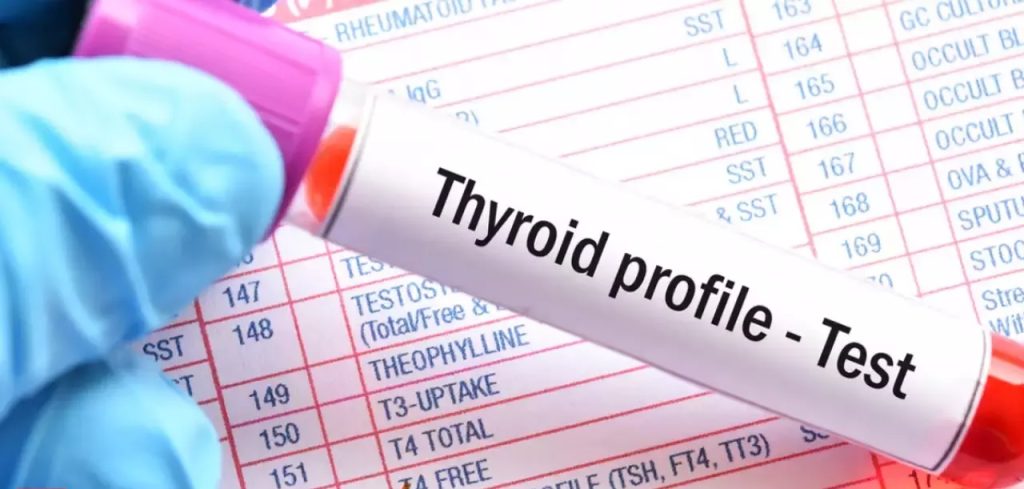The thyroid-stimulating hormone TSH test is a crucial tool for monitoring thyroid health, and it plays an essential role in diagnosing and managing various thyroid conditions. Understanding TSH levels is vital for anyone concerned about their thyroid function, as it provides insights into the body’s hormonal balance and overall health. The thyroid gland, located at the base of the neck, produces hormones that regulate metabolism, energy levels, and numerous bodily functions. When the thyroid is not functioning optimally, it can lead to a variety of health issues, ranging from fatigue and weight gain to anxiety and depression. The TSH test measures the amount of thyroid-stimulating hormone in the bloodstream, which is produced by the pituitary gland to regulate thyroid hormone production. Normal TSH levels typically range from 0. 4 to 4. 0 milli-international units per liter mIU/L, but this range can vary slightly depending on the laboratory. Elevated TSH levels may indicate an underactive thyroid, known as hypothyroidism, where the gland does not produce enough hormones.

Conversely, low TSH levels may signify an overactive thyroid, or hyperthyroidism, where the gland produces excessive hormones. Both conditions can have significant impacts on a person’s health, making regular monitoring essential for those at risk. Risk factors for thyroid disorders include a family history of thyroid disease, autoimmune conditions, and certain medications, highlighting the importance of routine screenings, especially for high-risk individuals. The simplicity of the TSH test, which requires only a blood sample, makes it accessible and practical for regular health check-ups. Patients can easily track their thyroid function over time, allowing for timely interventions when abnormalities are detected. In addition to TSH testing, doctors often recommend comprehensive thyroid panels, including tests for free T4 and free T3, to provide a more complete picture of thyroid health. These additional tests help assess the levels of the hormones produced by the thyroid gland itself, further informing treatment decisions.
In recent years, advances in thyroid health monitoring have made it easier for patients to take an active role in their health. Many individuals are now utilizing at-home testing kits that allow for convenient thyroid monitoring without the need for a doctor’s visit. This trend empowers patients to stay informed about their thyroid status and make lifestyle changes or seek medical advice when necessary. Understanding TSH levels is not just about monitoring a single number; it is about recognizing the implications of thyroid health on overall well-being. Individuals experiencing symptoms such as unexplained weight changes, fatigue, or mood swings should consult their healthcare providers to discuss the potential need for a thyroid testing kit. By staying proactive and informed, patients can better manage their thyroid health and prevent complications associated with thyroid disorders. In conclusion, the TSH test simplifies thyroid health tracking, providing a vital tool for both patients and healthcare providers to ensure optimal health and well-being. Regular monitoring can lead to early detection and intervention, significantly improving quality of life for those affected by thyroid-related issues.
